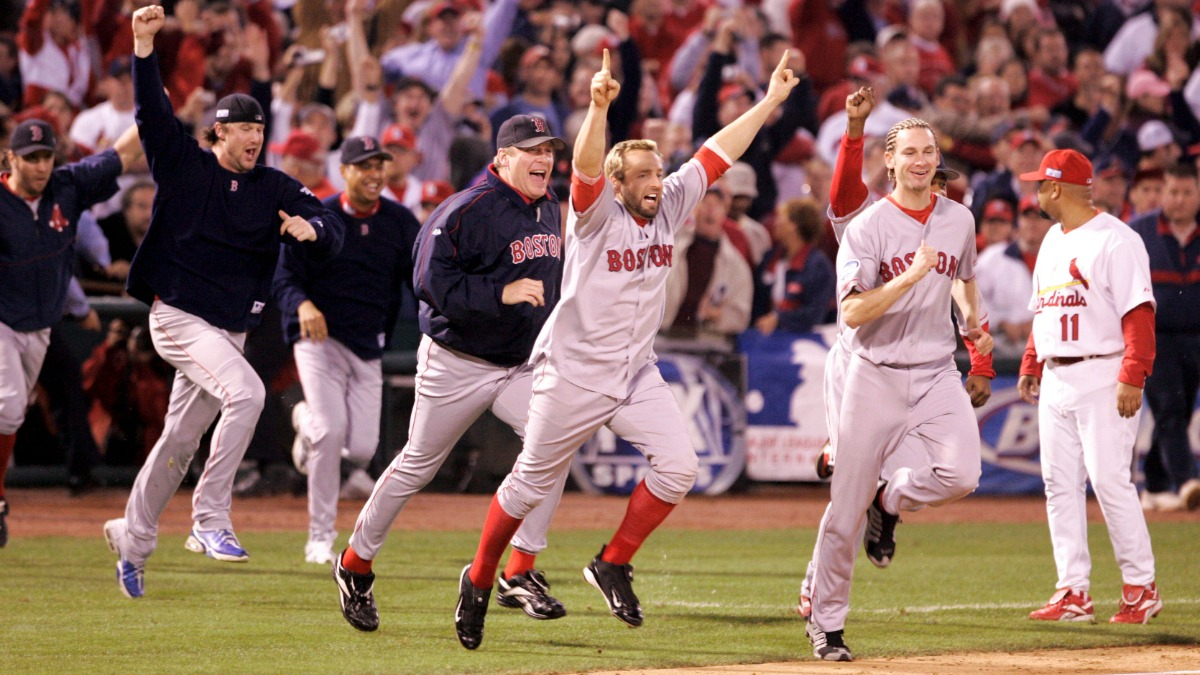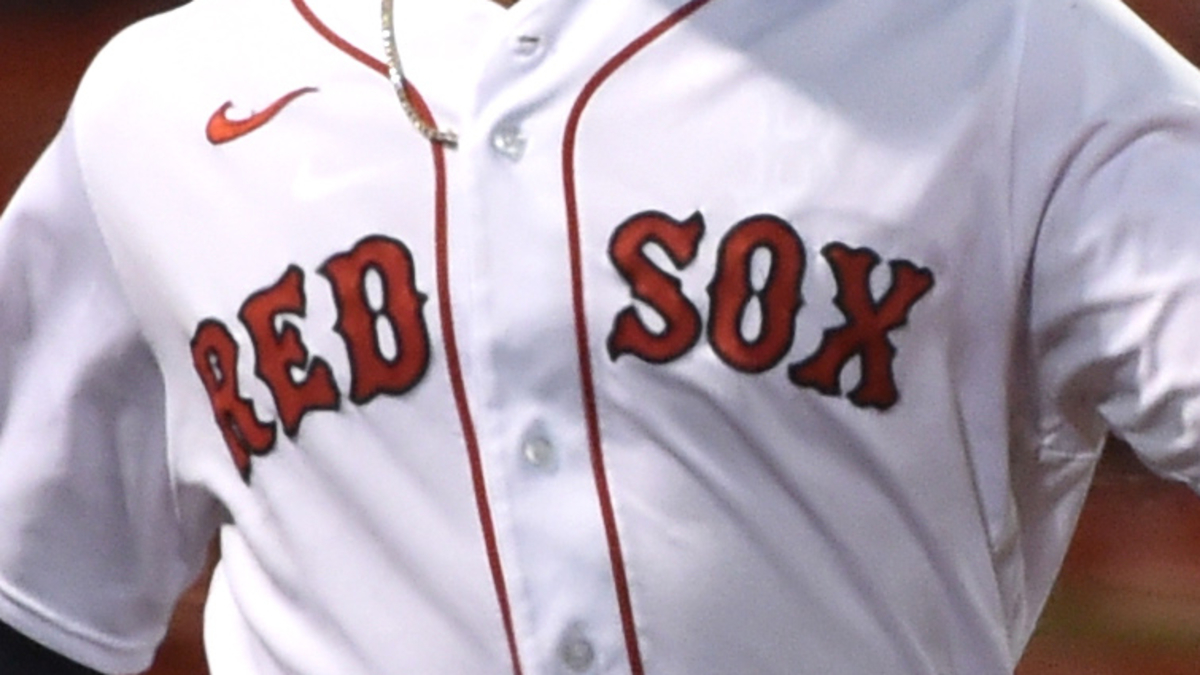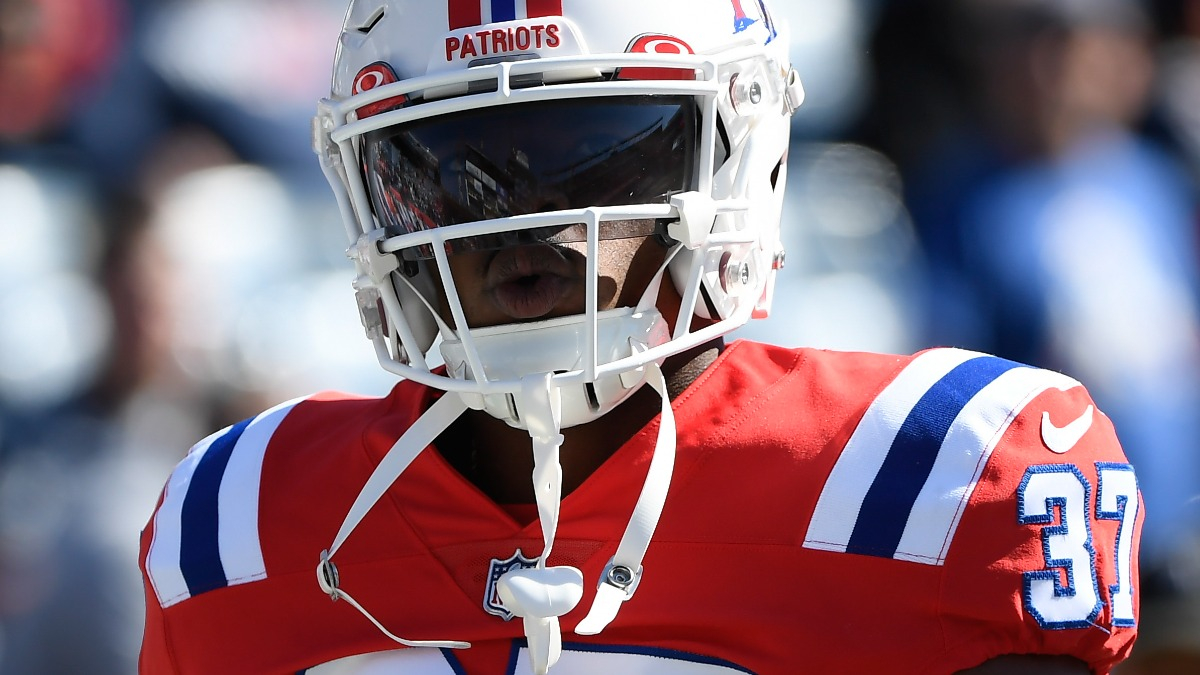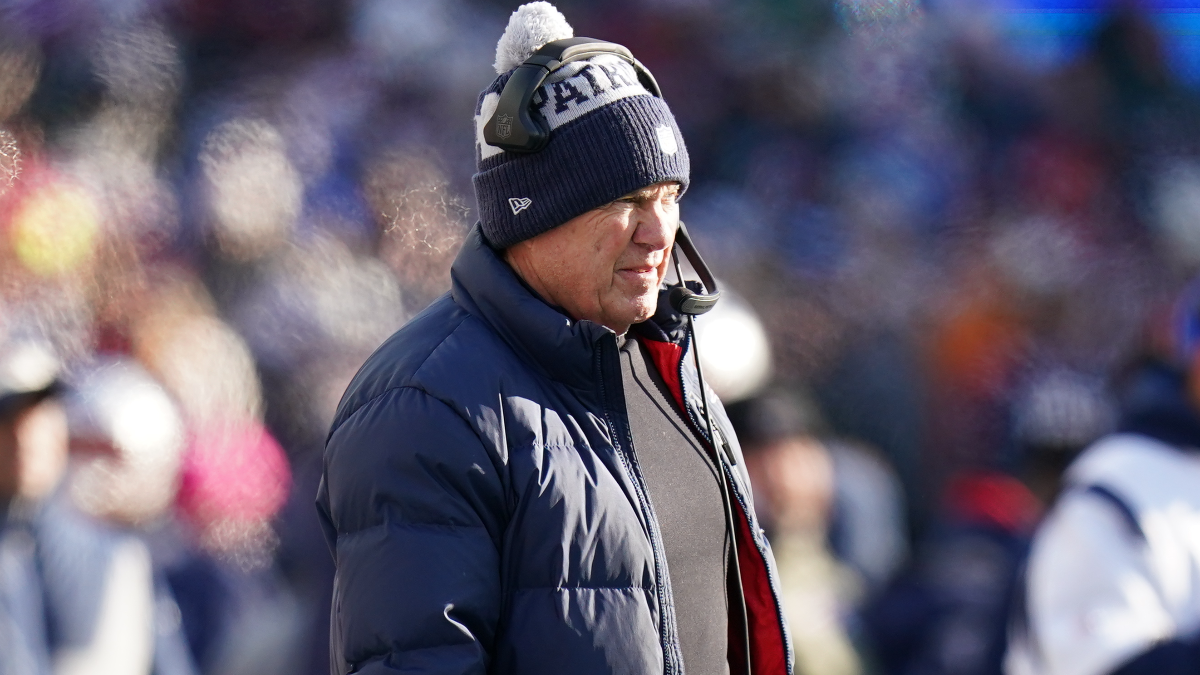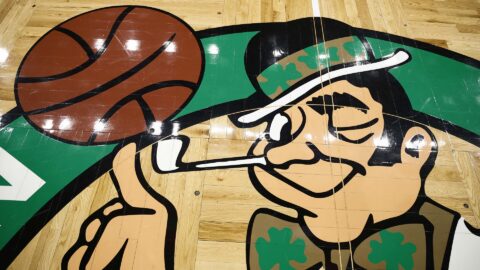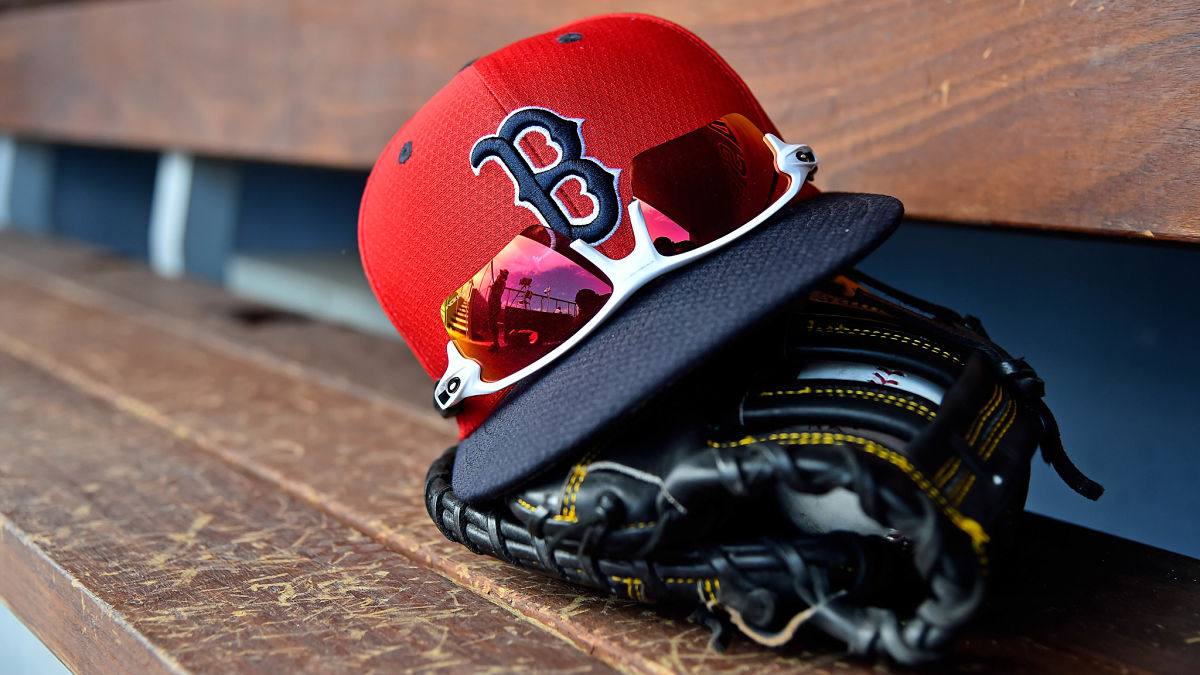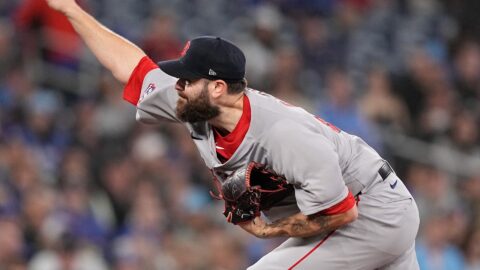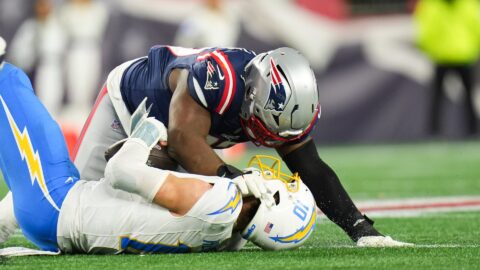The Red Sox have made some notable offseason moves over the years. You might have even heard of some.
None is more famous, of course, than the infamous decision to sell Babe Ruth to the Yankees in 1919. That decision kicked off nearly an entire century of futility in which the club spent years and years trying to reestablish itself as a baseball power.
Nearly 80 years later, the Red Sox finally started to get it right. Ultimately, Boston spent the early part of this century much like it did the beginning of last century: as arguably the most successful franchise in baseball.
A lot of factors go into that. You need the right people making decisions and spending money. You need the right people building the rosters. You need the right coaches and managers overseeing it all on the field. And most importantly, you need the players. And when the hot stove season heated up, the Red Sox cemented themselves as baseball powers with some unforgettable offseason moves.
Here are the five biggest of what we'll call the "World Series era," starting in the late 1990s through the present day.
Pedro Martinez
November 18, 1997: Red Sox acquire Martinez from the Montreal Expos for Carl Pavano and a player to be named later (Tony Armas)
Martinez tops the list for a multitude of reasons. Objectively, he is one of the best pitchers in the history of baseball, and the Red Sox acquired him as he was entering his prime. Martinez was just 26 years old and coming off a season in which he won his first Cy Young Award, going 17-8 with a 1.90 ERA that led the majors. Pavano was a top prospect at the time and went on to have a fine career, but it's still one of the most lopsided trades the sport has ever seen.
The Red Sox were 14 games better in Martinez's first season with the Red Sox, and he finished second in CY Young voting behind Roger Clemens. That, of course, was just the beginning. The right-hander went on to win two more Cy Young awards in 1999 and 2000, respectively, the reward for maybe the greatest two-season stretch a pitcher has ever had -- in the height of the Steroid Era, no less.
Dan Duquette was building a very good roster when the Sox swung the deal with Montreal. Acquiring Martinez and then extending him was the sign that this team was ready to contend for championships. He gave them even more credibility within the sport, and it undoubtedly helped lay the path to signing Manny Ramirez a few years later.
It wasn't always perfect for Martinez in Boston, but it was fitting he remained an instrumental piece to the 2004 Red Sox team that broke the 86-year World Series drought. He went into the Hall of Fame in 2015 as a Red Sox, and he remains an instrumental mentor within the organization. The Mount Rushmore of the Red Sox can't be built without Martinez, a transcendent superstar who wore the Boston "B" at the height of his generational powers. Every Martinez start was an event, and he not only made the Red Sox champions, but he also made them box office draws.
Manny Ramirez
Winter Meetings 2000: Red Sox sign Ramirez to eight-year, $160 million contract
Ramirez was the first big free agent signing in Red Sox franchise history and perhaps the most influential. Boston plucked him away from a rival, Cleveland, and instantly had its best right-handed hitter since Jimmie Foxx. Ramirez was an All-Star in each of his eight seasons with Boston and in the seven full campaigns he played, he averaged 36 home runs and 114 RBIs per season.
Ramirez was a pivotal building block as the Red Sox ascended into a baseball superpower. With Martinez already in the fold and a player like Nomar Garciaparra entering his prime, the Red Sox needed to prove they were capable of tangling with a Yankees team that had won four World Series since 1996. Boston proved its financial might, going toe to toe with Cleveland to pry Ramirez away from the only organization he had known at that point.
"I think you're going to love Boston," Duquette told Ramirez at the time, as seen on an ESPN "Outside The Lines" special. "The fans are going to love you. And you're going to be able to be recognized as among the great hitters in the history of the franchise. We're so excited to have you.
"And you know what the good news is? You don't have to hit against Pedro anymore."
The road got pretty bumpy at times. Ramirez didn't always give it 100%, and numerous trade requests kept everyone on their toes. But it's hard to argue with the results. Duquette looked prescient when it was all said and done. Ramirez flourished in Boston and was a fan favorite. He was the catalyst for a Red Sox offense that was among baseball's best for his entire tenure.
As such, it ultimately was fitting that Ramirez earned World Series MVP honors for his performance in the 2004 Fall Classic.
David Ortiz
Jan. 22, 2003 -- Red Sox sign Ortiz to one-year, $1.25 million contract
Trading for Martinez or signing Ramirez are the sorts of deals that come with major fanfare. Signing someone like Ortiz in 2003? Eh, not so much.
As the Sox signed the former Twins slugger in early 2003, The Boston Globe called Ortiz "a younger and cheaper version of Brian Daubach." The signing, The Globe wrote shortly thereafter, was part of the Sox "shopping at Wal-Mart."
In hindsight, Christmas Tree Shops might have worked better, because the Red Sox certainly loved the bargain that was Ortiz.
The Red Sox signed the little-known Ortiz to a one-year deal worth $1.25 million, which is pretty good value for arguably the most famous, popular and impactful player in team history.
Ortiz only went on to be the face of the franchise over the course of his storybook career, which is pretty good for someone who couldn't even crack the lineup in 2003. Of course, it didn't take long for him to kick the door down, and Ortiz cemented his place in history with a Bunyan-esque 2004 playoff performance that played out like a tall tale.
That was just the beginning for Ortiz. He eventually became the first full-time designated hitter inducted into the Baseball Hall of Fame. That happened for no bigger reason than his postesason performances. Between 2004 and 2013, Ortiz appeared in 61 postseason games. He hit 15 home runs, drove in 48 runs and posted a 1.064 OPS … and that doesn't feel like it tells the whole story.
There were countless "Where were you when ... ?" moments, from his back-to-back walk-offs in the 2004 ALCS up through his dramatic 2013 grand slam.
With Ortiz, though, it's about the whole package. Fans adored him, and teammates swore by him. He largely embraced the challenge of playing (and thriving) in Boston, wearing his emotions on his sleeve every single day.
That might have left him wanting a do-over or two, but it's also what led to arguably the most important moment of his career when he took the microphone following the 2013 Boston Marathon bombing and told the city to be strong.
"Of course, we always worry that these guys don't care about us," Bill Simmons wrote in 2013. "That they're just passing through, throwing on some laundry, cashing some checks and pretending they care. We've all been burned by our favorite players. You start throwing your guard up after a while, and eventually, you stop caring quite as much ... even if you don’t want to admit it ...
" ... It's really hard to rope me in at this point. But when Ortiz grabbed the mic on that Saturday and screamed, 'THIS IS OUR (expletive) CITY!!!!!,' I don’t think I’ve ever been prouder of an athlete."
Curt Schilling
Nov. 28, 2003: Red Sox acquire Schilling from Arizona Diamondbacks for Casey Fossum, Brandon Lyon and Jorge De La Rosa
If Curt Schilling had it his way, he would have been a Yankee.
When it became clear the Arizona Diamondbacks would sell off parts following 2003, Schilling -- armed with a no-trade clause and signed through 2004 -- became a very powerful man. The flame-throwing pitcher was intent on seeing one of two outcomes come true: He'd either return to Philadelphia or end up with the Yankees. But as New York focused its efforts elsewhere, and the Red Sox hired Schilling's former Phillies boss, Terry Francona, Boston became a possibility.
What followed was one of the most important Thanksgiving dinners in Boston sports history. Theo Epstein, Jed Hoyer and Larry Lucchino spent parts of Thanksgiving week 2003 with Schilling and his family in Arizona, selling him on the Red Sox. Epstein and Hoyer even spent Thanksgiving at the Schilling household where they talked (and ate) turkey.
"The preparation they did in getting ready was big for me," Schilling is quoted as saying in the book "Feeding the Monster" from 2008. "It was impressive. It was clear they're a very forward-thinking group, of guys, and I knew that was going to mesh with what I was trying to do."
The conversations were so forward-thinking, in fact, that Schilling suggested as part of contract extension talks that a World Series clause be added to the deal should Boston win it all with him aboard. Ultimately, the two sides hammered out an agreement. Boston sent three relative nobodies to the rebuilding D-Backs in maybe the biggest pitching heist since, well, Pedro, to complete the deal. And it didn't take long for Schilling to earn that bonus.
He was one of the best pitchers in baseball in his first season with the Red Sox, finishing second to Johan Santana in Cy Young voting. But it was Schilling's postseason performance that will be his lasting on-field legacy in Boston. The right-hander gutted through a gruesome ankle injury, undergoing Macguyver-like surgery just to be able to pitch.
"Everyone was thinking, 'Well, is there some way to strap (the tendon) down?" Epstein recalled in the "Feeding the Monster" book. "Can we just screw that freakin' tendon to the bone?"
They ultimately settled on something a little less primitive, but risky all the same. Schilling made it stand up with a dazzling do-or-die ALCS performance in New York followed by six strong in Game 2 of the World Series.
Schilling, compared to others on this list, was more of a comet streaking across the sky, and his post-playing baggage has overshadowed some of his accomplishments. But for a Red Sox team that came so close in 2003, acquiring a big-time starter like Schilling helped get them over the hump. In the process, it made Schilling a man of his word.
Josh Beckett/Mike Lowell
Nov. 24, 2005: Red Sox acquire Beckett, Lowell and Guillermo from Florida Marlins for Hanley Ramirez, Anibal Sanchez, Harvey Garcia and Jesus Delgado
Quick: Who was running the Red Sox baseball operations in late 2005?
The obvious answer is Epstein, but when the Red Sox and Florida Marlins swung a massive Thanksgiving blockbuster, the general manager was on leave. With Bill Lajoie and Craig Shipley at the controls (under Lucchino's watchful eye), the Red Sox engaged in complicated trade discussions with the Marlins.
As the story goes, the Red Sox wanted Beckett to add to an aging rotation. The Marlins were ready for another firesale and were listening to offers on the hard-throwing right-hander. But in order to really clear the decks, Florida wanted to attach Mike Lowell -- and his $9 million salary -- to Beckett.
"It wasn't the fact that we had to take Mike; it's that we wanted Mike," Lajoie told reporters after the Red Sox agreed to do just that in a huge deal that also brought Beckett to Boston. "We look for him to bounce back. The fact that he had an off-year did not detract from his value in our eyes."
In his first season with Boston, Lowell hit 20 home runs and drove in 80 runs.
The real prize of the deal, though, was Beckett. In hindsight, his Red Sox tenure was far from perfect, but his 2007 campaign made it all worth it. Beckett led the majors with 20 wins and finished second in Cy Young voting to CC Sabathia.
Meanwhile, Lowell had the best season of his career, as a 5-win player, finishing fifth in MVP voting (behind, among others, David Ortiz).
Yet, it's what the duo did in the postseason that will live forever in Red Sox history. Beckett turned back into the kid who willed the 2003 Marlins to a world title, only this time doing so with a "B" on his cap. Boston won all four of his postseason starts in 2007, with Beckett allowing just four earned runs over 30 innings. His finest performance, all things considered, was keeping the season alive in Game 5 of the American League Championship Series in Cleveland where he outdueled Sabathia. It was the first of three consecutive Red Sox wins to erase a 3-1 series deficit.
And oh yeah: Lowell had a fine fall himself, hitting .353 in 14 games. He was especially good in a four-game World Series sweep of the Colorado Rockies. He was named series MVP after hitting .400 (6-for-15) to help the Sox win their second title in four years.

